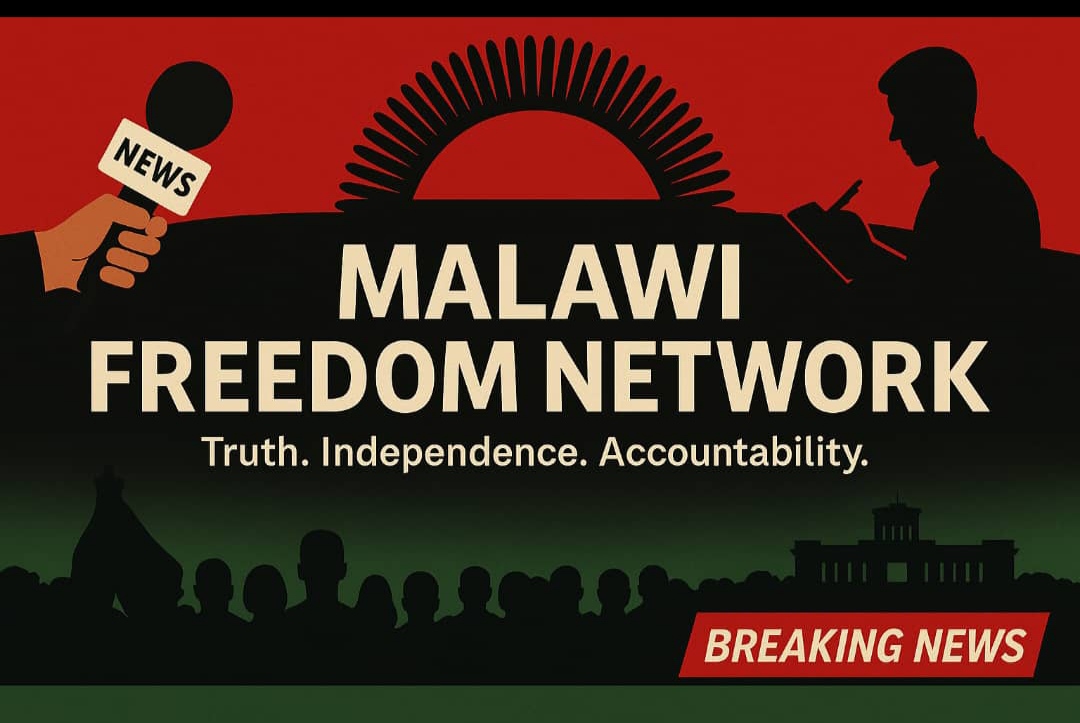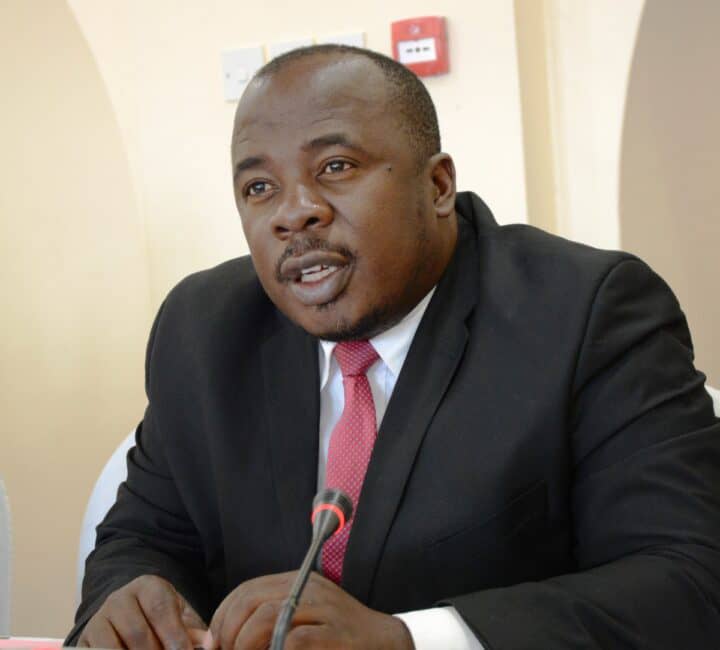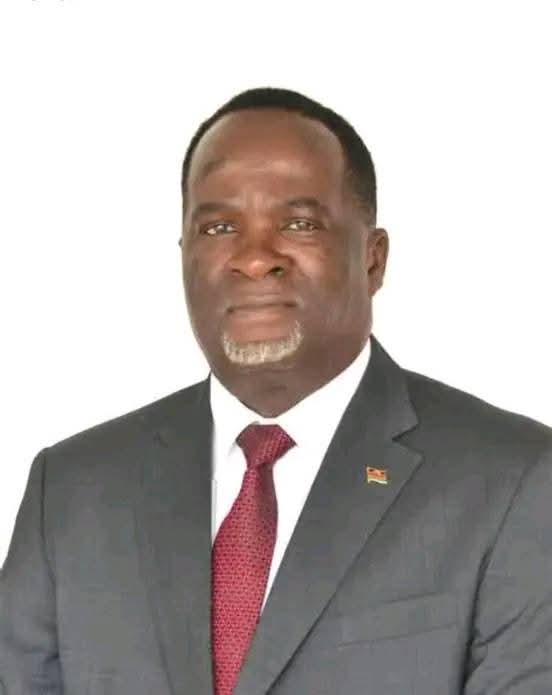As Malawi gears up for its much-anticipated 2025 general election, presidential running mates are no longer ceremonial placeholders—they’re strategic tools that may well decide who leads the country next.
From issues of regional balance to electoral influence, public trust, coalition-building, and generational symbolism, each running mate carries weight that could tip the scales in their candidate’s favor—or drag them down.
Here’s a detailed look at the four major contenders—Lazarus Chakwera, Peter Mutharika, Dalitso Kabambe, and Joyce Banda—and the impact of their chosen deputies.
1. Lazarus Chakwera + Vitumbiko Mumba
Who is Vitumbiko Mumba?
A youthful, loyal MCP figure and former youth leader, Mumba is a fresh face with a clean image and enthusiasm that resonates with a younger generation.
Strengths:
- Represents a generational shift within MCP
- Appeals to Millennials and Gen Z voters
- Seen as uncorrupted and energetic
Weaknesses:
- Limited national visibility
- Weak appeal beyond Central Region
- No track record in mass mobilization or executive roles
Political Impact:
Mumba energizes the MCP base and helps rebrand the party as youthful and future-facing. But without broader regional traction, especially in the North and South, his influence may be more symbolic than strategic.
2. Peter Mutharika + Jane Ansah
Who is Jane Ansah?
A trailblazing former Supreme Court Justice and MEC Chair, Ansah brings experience, legal gravitas, and a strong gender and regional message.
Strengths:
- Highly respected legal figure
- Expands DPP’s appeal in the Northern Region
- Symbolizes female leadership
Weaknesses:
- Still associated with controversy from the 2019 election
- Viewed by some as a politically compromised figure
- Lacks grassroots organizing experience
Political Impact:
Her nomination is bold, intellectual, and reform-oriented. However, the shadow of her 2019 MEC tenure may haunt the DPP’s campaign if not tactfully addressed.
3. Dalitso Kabambe + Dr. Matthews Mtumbuka
Who is Dr. Matthews Mtumbuka?
A globally respected academic and tech leader, Mtumbuka pairs well with Kabambe’s image as an economist focused on national recovery.
Strengths:
- Technocratic and modern image
- Strong in education, innovation, and development discourse
- Brings Northern Region balance
Weaknesses:
- Zero political experience
- Appears elitist and disconnected from rural concerns
- Lacks name recognition outside academic and business circles
Political Impact:
A powerful duo intellectually, Kabambe and Mtumbuka appeal to urban voters, professionals, and diaspora communities. But without real grassroots support or a wide-reaching alliance, they risk being marginalized.
4. Joyce Banda + Khumbo Kachali
Who is Khumbo Kachali?
A seasoned politician and former Vice President, Kachali brings old-school experience and regional loyalty to Banda’s ticket.
Strengths:
- Veteran of Malawian politics with executive experience
- Strong influence in the Northern Region
- Familiar and dependable figure in PP circles
Weaknesses:
- Represents “old politics” to many voters
- Still associated with Cashgate-era politics
- Weak connection to younger and reform-minded voters
Political Impact:
While the Banda–Kachali duo has deep roots and loyal followers, it lacks fresh appeal and offers little to voters seeking transformation or generational change.
🗝️ Strategic Recommendations
| Candidate | What They Must Do to Win |
|---|---|
| Chakwera | Use Mumba’s youthful energy to rebuild trust with youth; rebuild a Tonse-style alliance; penetrate South with a strong development narrative. |
| Mutharika | Rebrand DPP as a party of “law, order, and justice”; use Ansah to appeal to elite, educated, and Northern voters—while softening 2019 baggage. |
| Kabambe | Expand grassroots presence, form alliances with smaller parties; rely on digital campaigning and economic reform messaging. |
| Joyce Banda | Leverage legacy, connect with women and rural communities; frame her candidacy as a transitional leadership role for national healing. |
Final Word
In 2025, vice-presidential choices are not afterthoughts. They are strategic chess moves that reveal much about a candidate’s priorities, weaknesses, and political vision. For some, they may be the missing piece that completes a winning formula. For others, a liability that reopens old wounds.
What remains to be seen is whether voters will reward fresh ideas, trusted experience, or bold reform agendas—and which running mate helps most in that equation.




